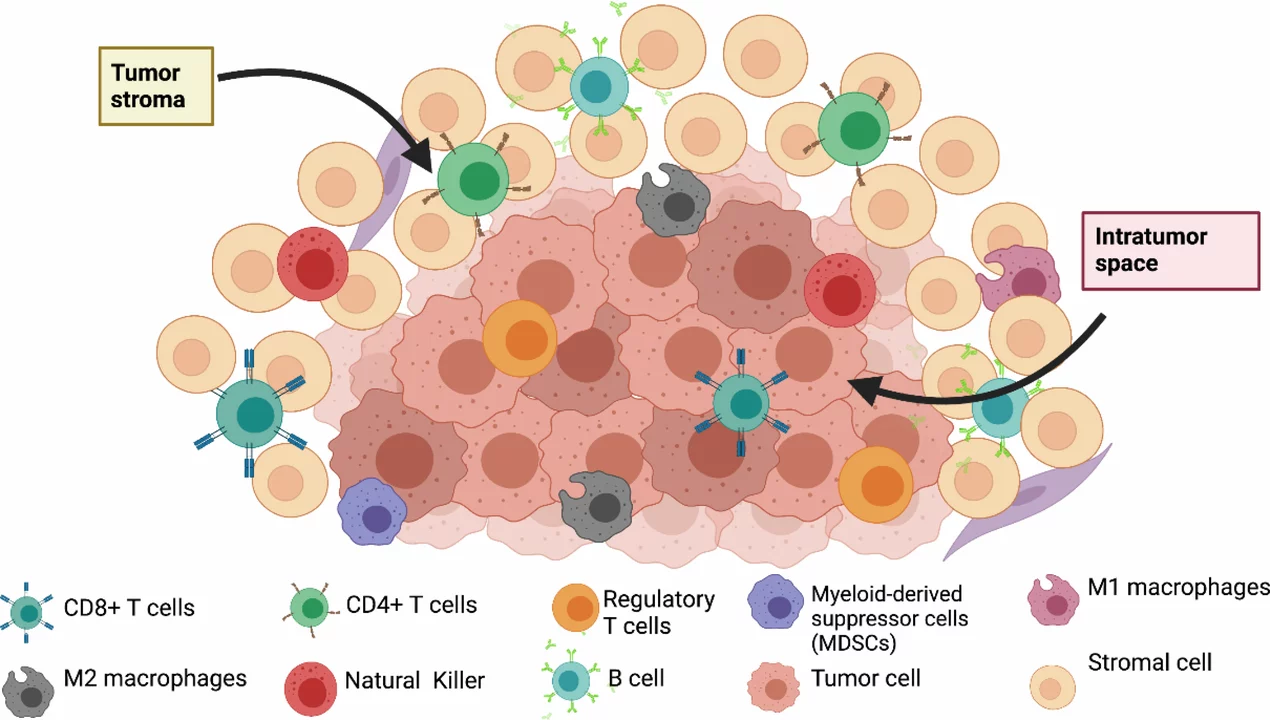Alpelisib (Piqray): What Patients Need to Know
Alpelisib is a targeted cancer drug most people hear about under the brand name Piqray. The big deal: it works for some advanced breast cancers with a PIK3CA gene mutation. If you or a loved one has hormone receptor–positive, HER2-negative breast cancer, this drug can be an option—but only after a genetic test confirms that PIK3CA mutation.
How alpelisib works and who it's for
Alpelisib blocks part of a cell pathway called PI3K that helps cancer cells grow. In practice, doctors usually give alpelisib together with fulvestrant (a hormonal drug) for patients whose tumors carry a PIK3CA mutation and who have progressed on prior endocrine therapy. The SOLAR-1 trial is the main study people mention: it showed that adding alpelisib can slow disease progression for those mutation-positive patients.
Before you consider alpelisib, ask your oncologist about PIK3CA testing. If the tumor test is positive, alpelisib may be added to your treatment plan. If the test is negative, this drug is unlikely to help and isn’t recommended.
Side effects, monitoring and practical tips
Alpelisib can work well, but it comes with common side effects you should watch for. The most frequent are high blood sugar (hyperglycemia), rash, diarrhea, nausea, mouth sores, and tiredness. Hyperglycemia is the one that shows up often and can be serious—so expect frequent blood sugar checks, especially in the first weeks.
Here are practical tips to manage risks:
- Get baseline labs: blood sugar (fasting glucose and A1c), liver tests, and a full blood count before starting.
- Check blood sugar at home if your doctor advises it. If levels rise, your doctor may start diabetes meds or pause alpelisib.
- For rash, ask about topical steroids or an oral antihistamine early—treating a mild rash fast helps avoid treatment breaks.
- Keep fluids and anti-diarrheal meds on hand, and report severe symptoms promptly.
- Use reliable contraception during treatment and for a time after—alpelisib can harm a fetus.
Typical dosing in trials was 300 mg once daily with food, given alongside fulvestrant for postmenopausal women or men as appropriate. Doses may be reduced or interrupted if side effects occur. Never change your dose without talking to your oncologist.
Drug interactions aren’t the main issue for alpelisib, but always tell your care team about other medicines, supplements, and herbal products you use. Some may affect blood sugar or increase side effects.
Want more details? Ask your oncology nurse for written side-effect steps and a monitoring schedule. If you’re researching treatment options, bring specific questions to your next appointment: how the tumor’s mutation test was done, what to watch for at home, and how quality of life is expected to change on treatment.
Alpelisib can help the right patient, but it needs careful monitoring. Talk openly with your care team and get the tests first—those results decide whether this drug makes sense.

